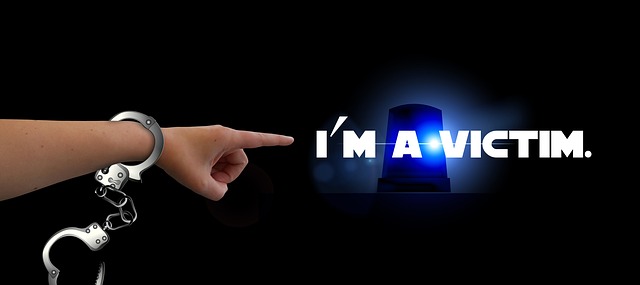
If you are just joining us, we recommend that you take a look at this four part series on false confessions from the beginning to give you a clearer picture of our position. However, if you’ve been with us from the start, then you will know about the Reid technique and the fact that it is entirely possible to convince someone that they are guilty of a crime they never committed. In this final segment we are going to look at what the law here in Michigan says about false confessions, and how that may affect you.
In July of 2012, the Michigan Supreme Court ruled that experts on false confessions can sometimes testify to jurors in criminal cases if their testimony is otherwise deemed reliable. The case that was directly impacted by this ruling, in which Livingston County resident Jerome Walter Kowalski was accused of murdering his brother and sister-in-law, did not truly benefit from it. This was because the Michigan Supreme Court also supported the Michigan Court of Appeals decision to exclude the testimony of a psychologist who was deemed unreliable. However, it did set a precedent for other cases in the future. The admissibility of expert testimony is tightly controlled by our Michigan Court Rules.
Which is great, because false confessions are a very real issue that more judges and prosecutors would do well to pay attention to. Unfortunately, as a society we struggle with the idea that an innocent person would falsely confess to a crime without being tortured, intoxicated, or mentally unsound. According to Richard Leo, a law professor at the University of San Francisco and an acclaimed expert in false confessions, most people simply cannot accept the fact that an innocent person would ever confess to a serious crime that they didn’t commit.
This denial translates directly to the belief that “if you admitted it, you must have done it.” End of story. That simply isn’t truel. A recent study conducted at Michigan State University, and led by Kimberly M. Fenn, associate professor of psychology, reveals that even something as common as sleep deprivation will impact whether or not someone is likely to confess falsely to a crime.
“This is the first direct evidence that sleep deprivation increases the likelihood that a person will falsely confess to wrongdoing that never occurred.” Fenn explained. “It’s a crucial first step toward understanding the role of sleep deprivation in false confessions and, in turn, raises complex questions about the use of sleep deprivation in the interrogation of innocent and guilty suspects.”
This brings us back to the Reid Technique. While a suspect always has the choice of denying the accusations against them, many believe that this method of interrogation is still very risky. The reason being, it is subject to conformation bias. This means that the Reid technique could reinforce inaccurate assumptions or beliefs and result in alternative leads not being followed during the investigation. Also, there is the risk that vulnerable people will be at a much higher risk of making false confessions. Vulnerable people like those who may not have had enough sleep the night before. Other people that are vulnerable include younger people, low functioning people, traumatized people and people that have been in police custody for many hours.
Then you look at this information, and take into account the incredible results of Dr. Julia Shaw and Dr. Stephen Porter’s study which we discussed in the first article, it’s easy to understand why people in Michigan are so concerned about false confessions. It’s a startling and very important discovery to know exactly how easy it is to get someone to believe something untrue. Something which could land them in prison for life, convicted of a crime they didn’t commit.
At The Kronzek Firm, we work hard to ensure that our clients are protected after police interviewing techniques that could have resulted in false confessions. We provide guidance, protection, representation and assistance every step of the way, making certain that no one is bulldozed, bullied or coerced. This is just one of the many reasons that an experienced Michigan attorney is an invaluable resource during difficult times. If you have been falsely accused of a crime, contact us immediately at 866-766-5245. We are here to help you 24/7.





